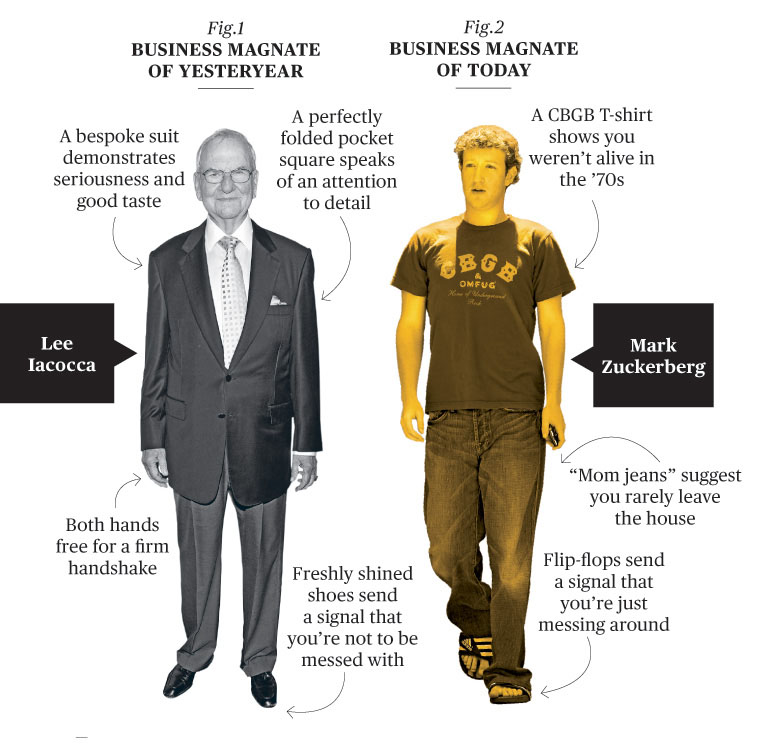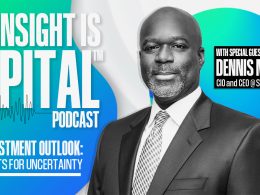by Ben Carlson, A Wealth of Common Sense
“I’m only rich because I know when I’m wrong. I basically have survived by recognizing my mistakes.” – George Soros
One of the worst things about the markets is the fact investors get instant feedback on their decisions. Any time you make a purchase or a sale you can check up-to-the-minute price quotes to see if the security or fund in question rose or fell.
The scoreboard is right there for everyone to see, five days a week for six and a half hours a day when the markets are open. Using the daily market scoreboard to judge your own intelligence can be dangerous. Sometimes you’re right about the market’s direction, but for the wrong reasons. Other times you get lucky. Most of the time there’s really no reasoning behind the short-term moves in your investments or the overall market and it’s just noise.
The market is a terrible place to go looking for reassuance because most of the time it’s lying to you. You can have a wonderful process in place and still be wrong quite often. Or you can have a terrible process (or none at all) and still be proven right according to your profit and loss statement.
Then there are those investors that think they’re right no matter what the market does. They become 100% certain about their position and block out every argument to the contrary. If the markets move against them, instead of some introspection on their current stace, they dig in their heels. With this mindset you begin to believe that everyone else must be crazy for not viewing the markets through your lens. You look for outside forces to blame when things don’t go your way. Then when the markets finally align with your investment stance and lead to profts, the assumption is that the price action finally proves how smart you are. The overconfidence only grows with each tick in the right direction.
This line lf thinking is problematic because it leads investors to take the markets personally, a position you never want to find yourself in if you want to make clear-headed decisions. No one’s right all the time. If you’re not willing to admit to the possibility that maybe you’ve made a mistake or gotten lucky, then you’re going to have a difficult time making money in the markets. No one is invincible or infallible.
Legendary hedge fund manager Ray Dalio penned a column for Institutional Investor this past week on the benefits of seeking out the other side of the argument and admitting when you’re wrong. Dalio was convinced the U.S. was heading for a depression in the 1980s based on the economic conditions and Fed policy at the time. Here are the lessons he learned when he was proven wrong:
This episode taught me the importance of always fearing being wrong, no matter how confident I am that I’m right. As a result, I began seeking out the smartest people I could find who disagreed with me so I could understand their reasoning. Only after I fully grasped their points of view could I decide to reject or accept them. By doing this again and again over the years, not only have I increased my chances of being right, but I have also learned a huge amount.
Being able to see both sides of an issue, even if it pains you, is important in all aspects of life, but especially in the markets where intelligent people are wrong all the time. With so much information available today it’s not very difficult to continually feed your confirmation bias once you’ve made up your mind.
This is why I generally prefer the path of stong beliefs, weakly held. I can’t even begin to count the number of times I’ve come across new research, opinions or evidence that have forced me to re-think my previously held views. At times I’m amazed at the stupidly and naivete of my past self’s opinions on certain topics.
But being able to look back on the evolution of my thoughts and ideas is helpful in showing me that I need to be continually learning to improve and stay sharp.
Source:
Bridgewater’s Ray Dalio Explains the Power of Not Knowing (Institutional Investor)
Further Reading:
The Value of I Don’t Know
Don’t Take This Personally
Perma Arguments
Subscribe to receive email updates and my monthly newsletter by clicking here.
Follow me on Twitter: @awealthofcs















